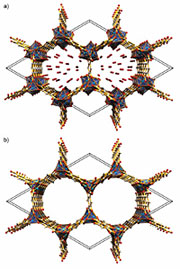You are here:
CATMAT
/
Science and technology
/
Metal organic frameworks (MOFs)


